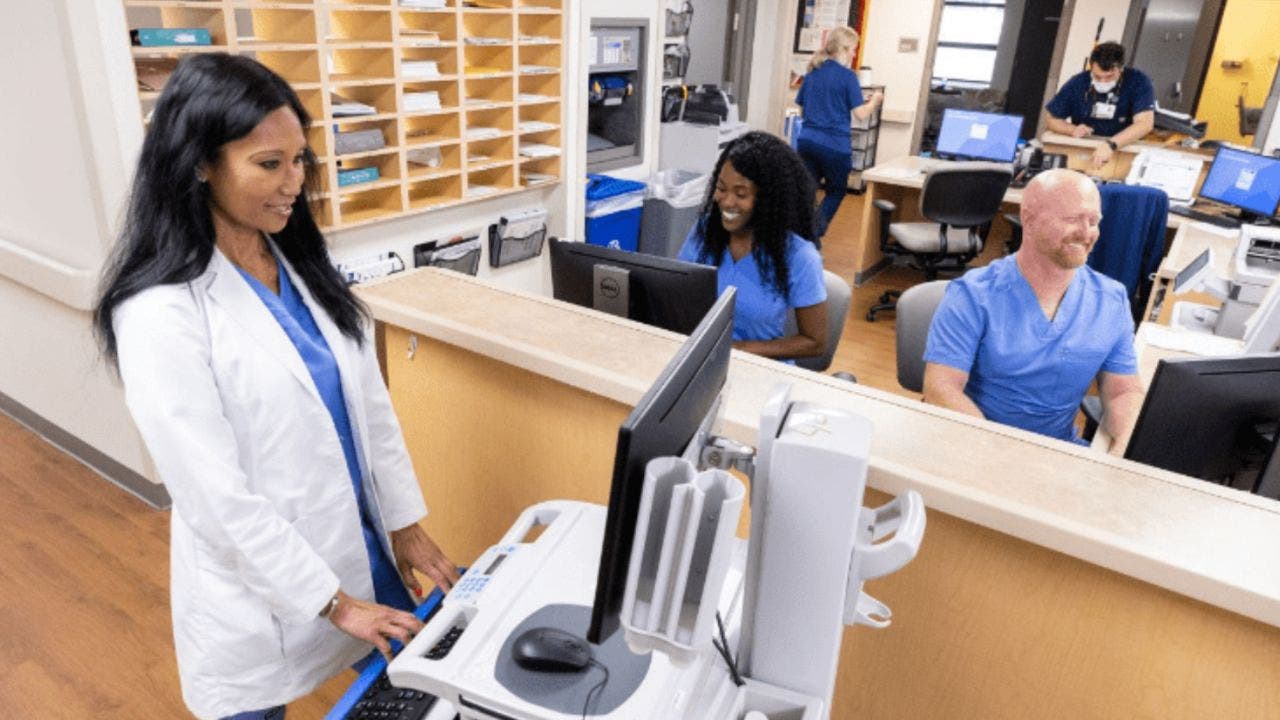Ransomware attack’s devastating toll on hospital patients’ health

The rise in data theft and ransomware attacks against health care and critical third-party providers in 2024 is alarming, with incidents shaping up to be as severe as last year, which was the worst on record for health care breaches. The devastating Ascension ransomware attack from May highlighted the major issues that patients face when their sensitive information is compromised. A new report from Microsoft emphasizes that these attacks not only result in data theft but also put patients’ physical health at risk.
The impact of ransomware on health care goes beyond financial risks for organizations. These attacks can have life-threatening consequences, as health care providers may lose access to critical diagnostic equipment or patient records, leading to severe disruptions in patient care. For example, during hospital attacks, stroke code activations nearly double, with confirmed strokes increasing by 113.6%, and cardiac arrest cases rise by 81% while survival rates drop significantly. This puts patients at risk and can have dire consequences for their health outcomes.
Furthermore, health care facilities near hospitals affected by ransomware attacks also bear the brunt of the impact. They may face a surge in patients needing urgent care that they are not equipped to handle, resulting in longer wait times for patients seeking medical attention. This domino effect underscores the widespread repercussions of cyberattacks on the health care sector.
Rural health clinics are also vulnerable targets for cyberattacks, as they often lack the resources to prevent or respond to security incidents. These clinics play a crucial role in providing health care to remote communities, and a successful attack can have devastating effects on the residents who rely on these facilities for medical services.
The prime target on health care organizations is due to the sensitive data they store, making them lucrative targets for hackers. The rise in ransomware attacks on health care providers underscores the need for robust cybersecurity measures to protect patient information and ensure the continuity of health care services. Health care organizations often have lower cybersecurity budgets compared to other industries, making it challenging to defend against sophisticated cyber threats. Lack of dedicated cybersecurity staff and inadequate training for health care personnel further exacerbate the vulnerabilities within the sector.
In light of the increasing cyber threats facing health care providers, it is essential to take proactive steps to safeguard personal information and prepare for potential disruptions in health care services. Staying informed, maintaining personal health records, preparing for emergencies, practicing cybersecurity best practices, being vigilant against phishing, confirming appointments, and monitoring patient portals are critical steps that individuals can take to protect themselves in the face of cyberattacks.
Health care organizations must learn from past incidents and invest heavily in cybersecurity infrastructure to prevent future attacks and protect patient data. With stronger defenses in place, the goal is to mitigate the impact of cyber threats on the health care sector and ensure the safety and well-being of patients.




